15 hot issues about adding elevators to residential buildings, how do you view them from a legal perspective?
Date: 2024-07-15 Categories: Industry News Hits: 193
Recently, many legal experts from different fields, including the Legal Affairs Committee of the Standing Committee of the Jiangsu Provincial People's Congress, the Legal Affairs Office of the Provincial Government, the Legal Affairs Committee of the Standing Committee of the Municipal People's Congress, the Municipal Legal Affairs Office, the Municipal Law Society, Nanjing University, and Southeast University, gathered together to give professional and authoritative answers to the legal issues involved in adding elevators to existing residential buildings.
Question 1: What is the basic judgment of the legal community on such a livelihood issue as adding elevators to existing residential buildings?
Answer: The report of the 19th National Congress of the Communist Party of China clearly pointed out that socialism with Chinese characteristics has entered a new era, and the main contradiction in our society has transformed into the contradiction between the people's growing needs for a better life and unbalanced and inadequate development. All cognition and judgment of the legal community must conform to the spirit of the report of the 19th National Congress of the Communist Party of China.
Historically, due to economic conditions, many cities across the country, including Nanjing, did not have elevators when they were built, which had a significant impact on residents' living, travel, especially elderly care, and recuperation. With the development of the economy and society, elevators have changed from a luxury item to a necessity of life today, and have become a standard configuration for residential buildings.
Adding elevators to existing residential buildings is to meet the needs of the people for a better life and is a concrete practice of implementing the spirit of the report of the 19th National Congress of the Communist Party of China. Therefore, supporting and providing necessary legal analysis and support for adding elevators to existing residential buildings should become the legal community's cognition and attitude towards adding elevators.
Experts call for extensive and in-depth research and demonstration on the legal issues involved in adding elevators to existing residential buildings, as the relevant laws and regulations are not yet focused enough, and contribute to the further refinement and improvement of relevant laws and regulations.
Question 2: How should we understand the livelihood project of adding elevators to existing residential buildings?
Answer: It was proposed at the Central Urban Work Conference that in the future, urban development should focus on ecological restoration and functional repair, and adding elevators is an important aspect of urban functional repair. In order to implement the central government's requirements, the Ministry of Housing and Urban-Rural Development of the People's Republic of China has formulated the "Guiding Opinions on Strengthening Ecological Restoration and Urban Repair Work" (Construction Regulation [2017] No. 59) and related documents, which clearly support the addition of elevators to existing buildings that meet space conditions.
All parts of the country have conscientiously implemented the central government's requirements and clearly stipulated that newly built or renovated multi-story residential buildings must be equipped with elevators and other facilities. Beijing, Shanghai, Guangzhou and other places have also issued relevant documents. The Jiangsu Provincial Department of Housing and Urban-Rural Development issued Announcement No. 11 this year, announcing that from July 1, 2017, the new "Residential Design Standard" will be implemented throughout the province. Article 4.11.1 of the new standard stipulates that when the height of the floor of a 4-story or above residential building or the entrance floor of a household exceeds 10 meters from the outdoor ground, an elevator must be installed and meet the barrier-free use requirements.
The experts attending the meeting agreed that, on the one hand, it is necessary to conscientiously implement the central government's requirements and actively promote the installation of elevators in existing residential buildings to enhance the people's sense of gain and satisfaction. On the other hand, when adding elevators to existing residential buildings, the owners are the investors and builders, and are the main actors. They must establish a sense of subjectivity, fulfill their main obligations, and assume their main responsibilities. The government's positioning should be to serve, guarantee and promote. It should strengthen the working concept of "for the people, serving the people, guiding the people, and relying on the people", based on the principle of "promoting without forcing, acting on behalf of the people without taking over", and actively and proactively provide necessary services for the installation of elevators.
Question 3: How should we promote the people's livelihood project of adding elevators?
Answer: Experts unanimously believe that Nanjing City, especially Xuanwu District, has achieved good results in adding elevators and accumulated a lot of good experience. In the future, we should actively explore and take the initiative to help the people realize their "elevator dream" as soon as possible.
Experts believe that in the process of promoting the addition of elevators, the government should provide assistance to the people at all stages, including formulating and improving support policies, doing a good job in publicity and mobilization, building a platform for communication and consultation between the people, guiding the people to prepare basic materials for applying for planning permits and construction permits, helping the people to handle professional and complex approval procedures, providing support at the technical level such as design plan modification and improvement, and providing service guidance in construction organization, engineering and housing safety, etc.
Question 4: Are the Jiangsu Provincial Property Regulations and the Nanjing City Elevator Implementation Measures consistent with the relevant provisions of the superior law "Property Law"?
Answer: The Jiangsu Provincial Property Regulations and the Nanjing City Elevator Implementation Measures are consistent with the relevant provisions of the superior law "Property Law".
Experts unanimously believe that as a local regulation, the "Jiangsu Property Management Regulations" was formulated on the basis of earnestly implementing and strictly abiding by the "Property Law", and is consistent with the overall requirements and specific provisions of the "Property Law".
The "Implementation Measures for Adding Elevators to Existing Residential Buildings in Nanjing" (Ningzheng Guizi [2016] No. 11) was issued in accordance with the relevant provisions of the "Property Law" and the "Jiangsu Property Management Regulations". It is a normative document formulated by the Nanjing Municipal People's Government. The relevant business departments and legal departments have repeatedly discussed and demonstrated it, and it is also completely consistent with the "Property Law".
Question 5: Is the nature of adding elevators to existing residential buildings a reconstruction, reconstruction or new construction of the building's ancillary facilities?
Answer: Adding elevators to existing residential buildings is a reconstruction of the building's ancillary facilities, and it is limited to partial reconstruction, not reconstruction or new construction.
Question 6: Does the act of adding elevators to existing residential buildings apply to the provisions of Article 76 of the "Property Law"?
Answer: The act of adding elevators to existing residential buildings applies to the provisions of Article 76 of the "Property Law".
Article 76 of the Property Law stipulates that it is aimed at the act of remodeling and rebuilding buildings and their ancillary facilities.
The Supreme People's Court's "Administrative Ruling on Retrial of Yang Fanli, Wu Haiquan and Guangzhou Municipal People's Government" (2016, Supreme People's Court No. 2470) clearly stated that "the project of adding elevators to residential buildings is to improve the vertical transportation mode of the original residential buildings, which is a partial reconstruction of the building, not a new construction project."
Adding elevators to existing residential buildings is a reconstruction act, so Article 76 of the Property Law applies.
Question 7: Is it legal to apply for an additional elevator with the consent of "double two-thirds" owners?
Answer: It is legal to apply for an additional elevator with the consent of "double two-thirds" owners.
Article 76 of the Property Law stipulates that the reconstruction and reconstruction of buildings and their ancillary facilities shall be agreed by owners whose exclusive parts account for more than two-thirds of the total area of the building and more than two-thirds of the total number of owners.
Article 5 of the "Implementation Measures for Adding Elevators to Existing Residential Buildings in Nanjing" (Ningzhengguizi [2016] No. 11) requires that "adding elevators to existing residential buildings shall be agreed to by owners whose exclusive parts of the buildings or units account for more than two-thirds of the total building area and more than two-thirds of the total number of owners". Therefore, it is completely legal for "double two-thirds" owners to agree to apply for adding elevators.
In legal practice, the Supreme People's Court's "Administrative Ruling on Retrial of Yang Fanli, Wu Haiquan and Guangzhou Municipal People's Government" and the first-instance judgment of the Nanjing Railway Transportation Court have both confirmed the legality of "double two-thirds".
Question 8: Is the land used for adding elevators exclusive to the first-floor owner of this unit?
Answer: The land used for adding elevators is shared by the owners.
Article 73 of the "Property Law" stipulates that roads within the building area are shared by the owners, except those that belong to urban public roads. Green land within the building area is shared by the owners, except those that belong to urban public green land or are explicitly owned by individuals. Other public places, public facilities and property service rooms within the building area belong to the owners.
According to the above regulations, there are four main forms of community land: roads within the building area, green spaces within the building area, land occupied by buildings that belong to the owners, and land occupied by buildings that belong to the owners.
Therefore, the land used for the additional elevator belongs to the land occupied by the buildings shared by the owners of this building, not the exclusive land of the first-floor owners.
Experts also pointed out that if the additional elevator affects the owners of the lower floors in terms of lighting, noise, ventilation, etc., the builder should give appropriate compensation.
Question 9: Does the first-floor owner have a veto power for the addition of an elevator?
Answer: The first-floor owner does not have a veto power.
Experts believe that on the one hand, "double two-thirds" of the owners agree to apply for the addition of an elevator. On the other hand, the location of the additional elevator belongs to the land occupied by the buildings shared by the owners of this building, not the exclusive land of the first-floor owners. Therefore, the first-floor owner does not have a veto power.
Experts also pointed out that in the process of adding elevators, both upstairs and downstairs owners should adopt an attitude of "good discussion in accordance with the law, no indulgence of objections", strengthen communication, rational discussion, friendly negotiation, and appropriate compensation.
Question 10: Does the land used for adding elevators infringe the rights of other owners outside this unit?
Answer: The land used for adding elevators does not infringe the rights of other owners outside this unit.
Article 4 of the "Interpretation of the Supreme People's Court on Several Issues Concerning the Specific Application of Laws in Hearing Cases of Disputes over Separate Ownership of Buildings" (Fa Shi [2009] No. 7) stipulates that "the owner's free use of the roof and the external wall corresponding to the exclusive part based on the reasonable need for the specific use functions of the exclusive part such as residential and commercial premises should not be considered as infringement".
Adding elevators to existing residential buildings is a situation where the owner uses part of the common parts based on the reasonable need for the specific use functions of the exclusive parts such as residential and commercial premises. If the relevant procedures have been handled in accordance with the "Implementation Measures for Adding Elevators to Existing Residential Buildings in Nanjing" and other regulations, it complies with the provisions of the superior law and does not constitute an infringement. Therefore, other owners outside this unit have no right to object to the installation of an elevator.
In the Supreme People's Court's "Administrative Retrial Ruling of Yang Fanli, Wu Haiquan and Guangzhou Municipal People's Government", the "Trial Measures for the Installation of Elevators in Existing Residential Buildings in Guangzhou" was applied and adopted, which also shows that the Supreme People's Court tends to believe that the land used for the installation of elevators belongs to the land with special use rights of the building.
In legal practice, the Nanjing Railway Transportation Court ruled in the first instance that owners of other buildings or units have no right to object to the installation of elevators, which objectively answered this question.
Question 11: What does it mean that the builder can compensate the first-floor owner appropriately?
Answer: The builder's compensation to the first-floor owner mainly reflects the mutual understanding and good neighborliness between the upstairs and downstairs owners, and should not be measured from an economic or value perspective.
Article 84 of the "Property Law" stipulates that the adjacent rights holders of real estate should correctly handle the adjacent relationship in accordance with the principles of benefiting production, facilitating life, solidarity and mutual assistance, and fairness and rationality.
Therefore, all community owners should start with an attitude of starting from themselves and practical actions of friendly consultation to jointly build a sincere, friendly, rational, generous, and mutually supportive neighborhood relationship, so that the installed elevators can become a ladder to the happiness of the owners and a ladder to the harmony of the community.
Question 12: How do you view the relationship between the convenience of the public elevators and the change in the value of the house?
Answer: General Secretary Xi has repeatedly emphasized that houses are for living, not for speculation. All sectors of society should follow the important instructions of the General Secretary to view the relationship between the convenience of the public and the change in the value of the house in the installation of elevators.
The community owners apply for the installation of elevators, subjectively to improve living conditions and achieve convenience in life, not to pursue value-added. Objectively, after the installation of elevators, the improvement of building functions may lead to changes in the value of the house. However, compared with the subjective will of the owners to add elevators, such changes are passive and subordinate.
In fact, in the evaluation of the second-hand housing market in our city, the value of the first floor of the building with the elevator installed also increased, but the magnitude is relatively not as large as that of the upper floors.
Question 13: Is it reasonable and legal to add elevators to commercial housing communities?
Answer: It is reasonable and legal to add elevators to commercial housing estates.
According to Article 2 of the "Implementation Measures for Adding Elevators to Existing Residential Buildings in Nanjing" (Ningzhengguizi [2016] No. 11), "Existing residential buildings referred to in these Measures refer to non-single-ownership residential buildings with four or more floors (including the floor, the same below, excluding basements) that have been built and put into use, have legal ownership certificates, are not included in the housing acquisition and renovation plan, and are not equipped with elevators."
Commercial housing, like housing reform housing, is property housing, and adding elevators is reasonable and legal.
Question 14: Does adding elevators only serve the "three olds" (i.e. old urban areas, old residential areas, and the elderly)?
Answer: Adding elevators is not just for the "three olds".
The demand for adding elevators is indeed more prominent and urgent in old urban areas, old residential areas, and the elderly. The General Office of the State Council has specially issued the "Opinions on the Formulation and Implementation of Elderly Care Service Projects" (Guobanfa [2017] No. 52), requiring the strengthening of the renovation of facilities for the elderly in communities and families, and giving priority to supporting the installation of elevators in residential buildings with a high proportion of elderly people. However, the regulations on adding elevators do not only apply to the so-called "three elders".
On the one hand, from the perspective of Nanjing, applications for adding elevators are not only in old urban areas such as Xuanwu, but also in new urban areas such as Jianye, Qixia, Yuhuatai, and Jiangning. Owners living in old communities need to add elevators, and people living in commercial housing also need them. For example, young people living in commercial housing need elevators to raise children; middle-aged people living in commercial housing also need elevators to support the elderly. Therefore, elevators are needed by people of all ages, which fully demonstrates that elevators have now become standard for residential buildings, and adding elevators is a rigid demand for residents' lives.
On the other hand, the market supply mechanism cannot completely solve the problem of elderly care. This is because urban land is relatively scarce, which determines that superimposed living is the main way for urban residents to live and settle down. It is impossible for all elderly people to choose to live on the first or second floor, not to mention that people's ages are changing. In the case of market mechanism failure in this area, the government should take the initiative to promote the people's elderly care and improve their lives by promoting the people-benefiting project of adding elevators.
Question 15: Adding an elevator is a universal right of the masses, but why can't some community owners apply for it?
Answer: This is essentially a question of whether there is a right to build and whether there are conditions for construction.
"Implementation Measures for Adding Elevators to Existing Residential Buildings in Nanjing" (Ningzheng Guizi [2016] No. 11) is a universal document. All non-single-ownership residential buildings in the city have the right to apply for adding elevators if "double two-thirds" of the owners agree.
There are strict safety and technical requirements for adding elevators. In reality, some communities are restricted by objective factors such as narrow building spacing and the impact of elevator installation on fire safety. They do not have the objective conditions for adding elevators. Therefore, these owners cannot apply for adding elevators.

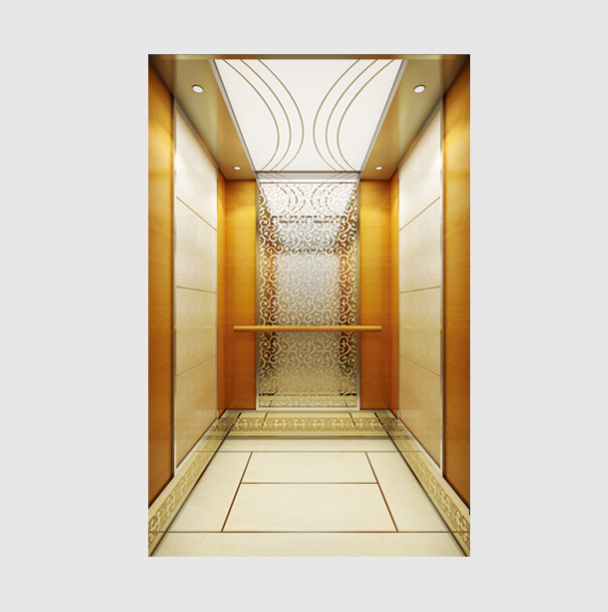 Glass SA-K002
Glass SA-K002 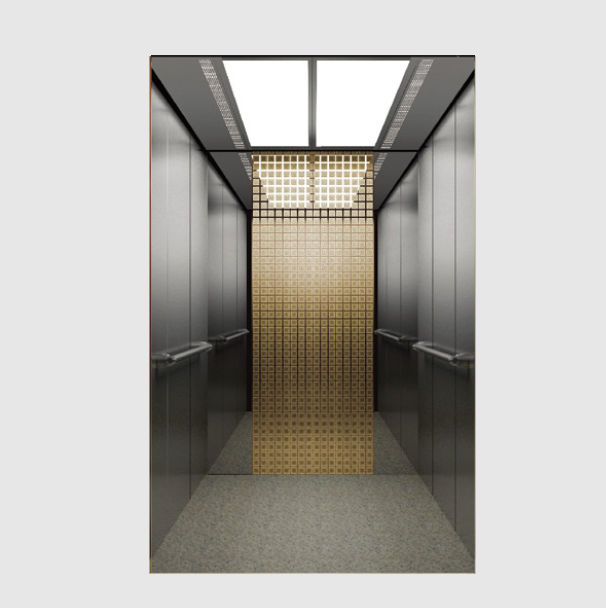 Fashion SA-K007
Fashion SA-K007 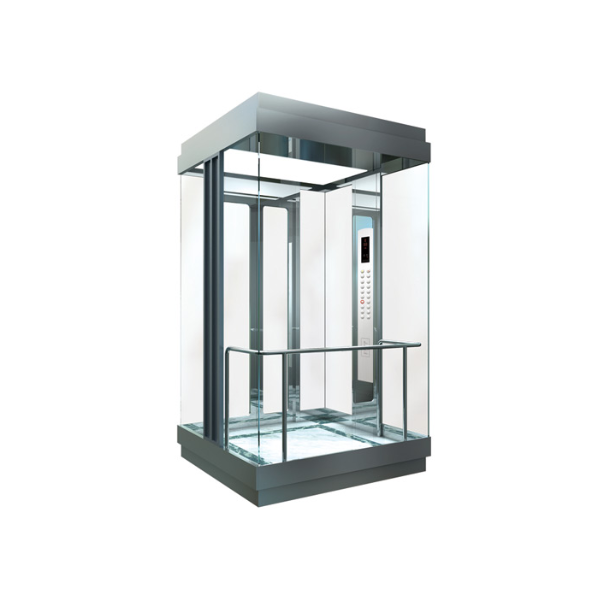 SA-G005
SA-G005 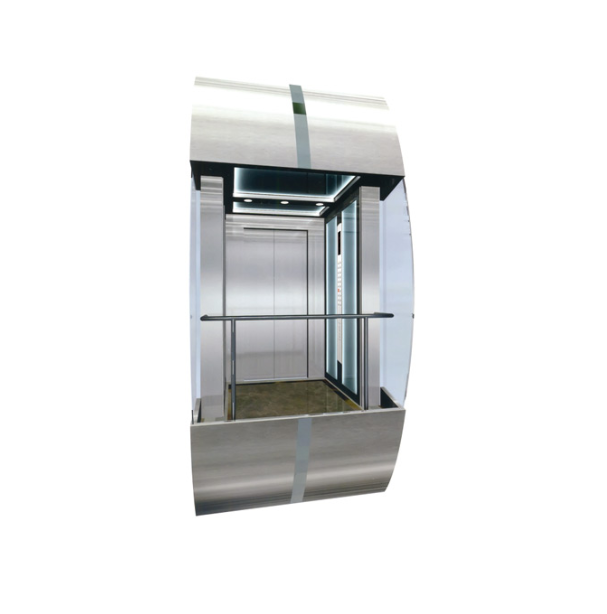 SA-G004
SA-G004 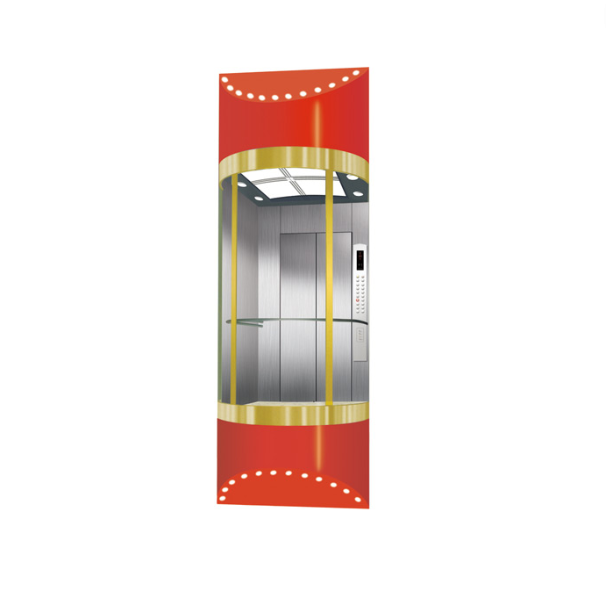 SA-G003
SA-G003 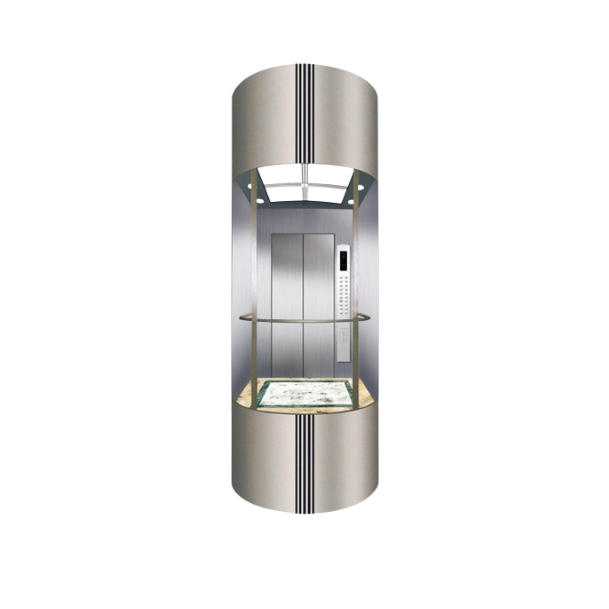 SA-G002
SA-G002 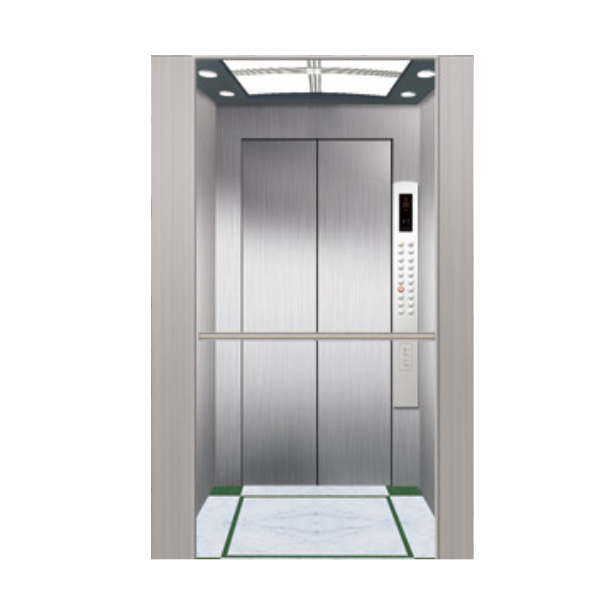 SA-G001
SA-G001 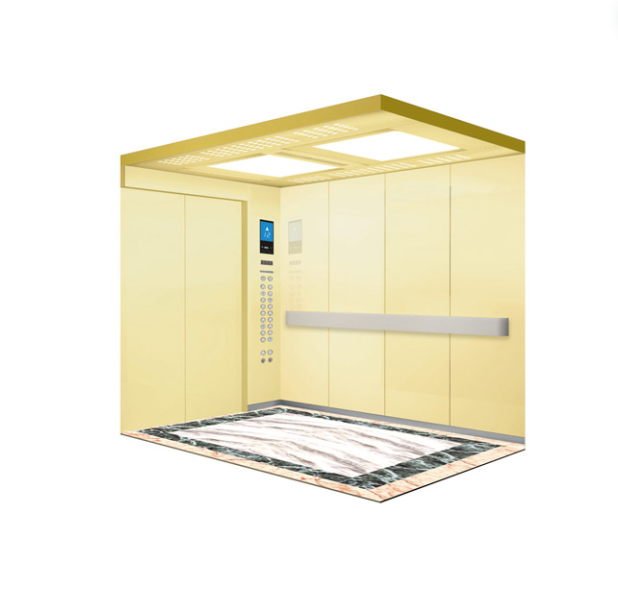 SA-B002
SA-B002 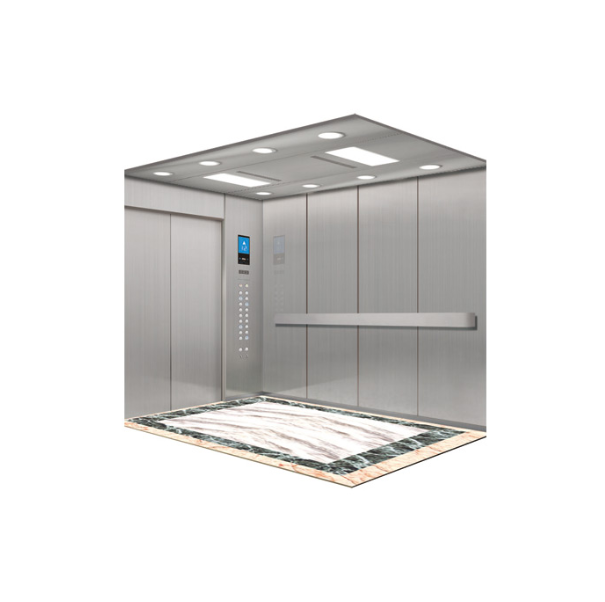 SA-B001
SA-B001 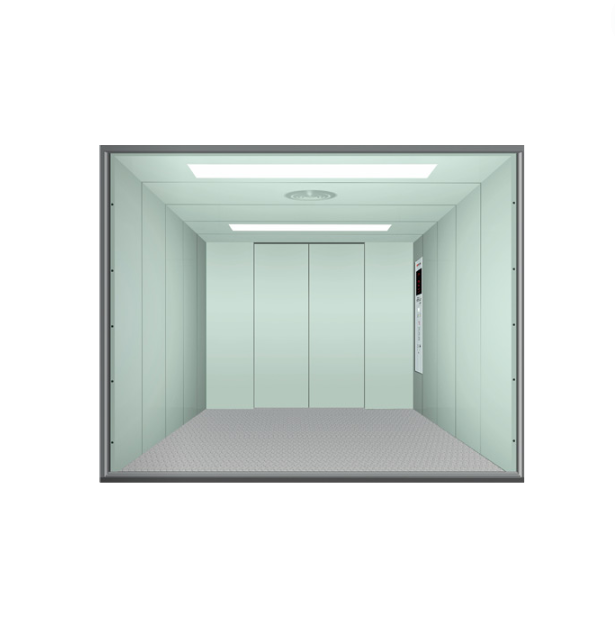 SA-HJ02
SA-HJ02 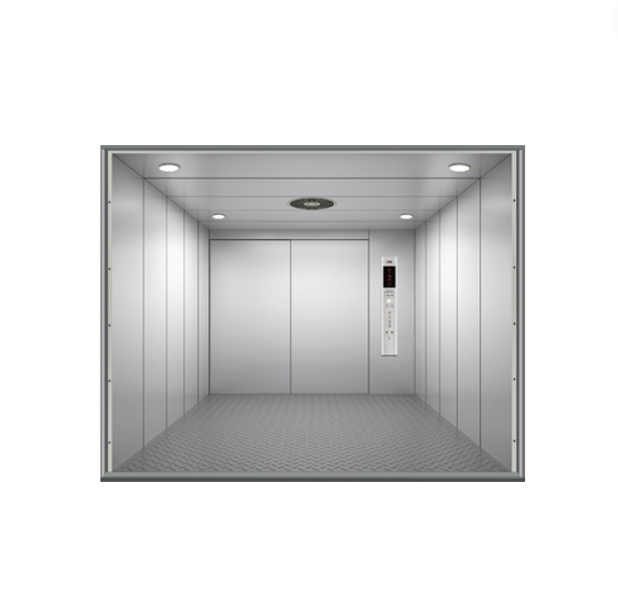 SA-HJ01
SA-HJ01 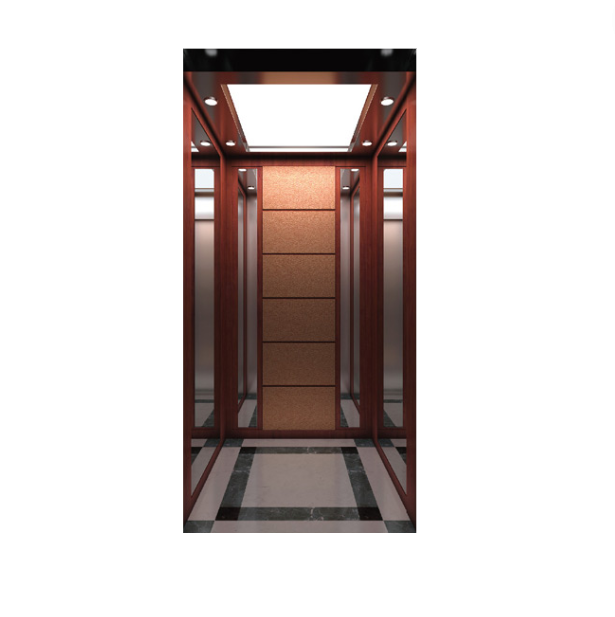 SA-Y005
SA-Y005 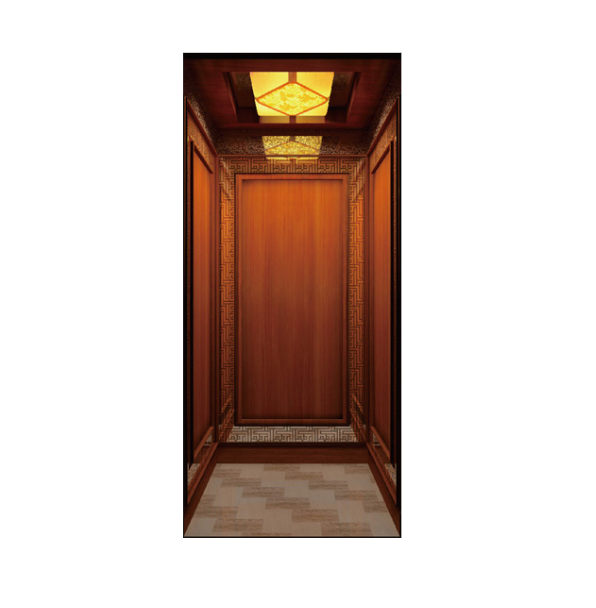 SA-Y004
SA-Y004 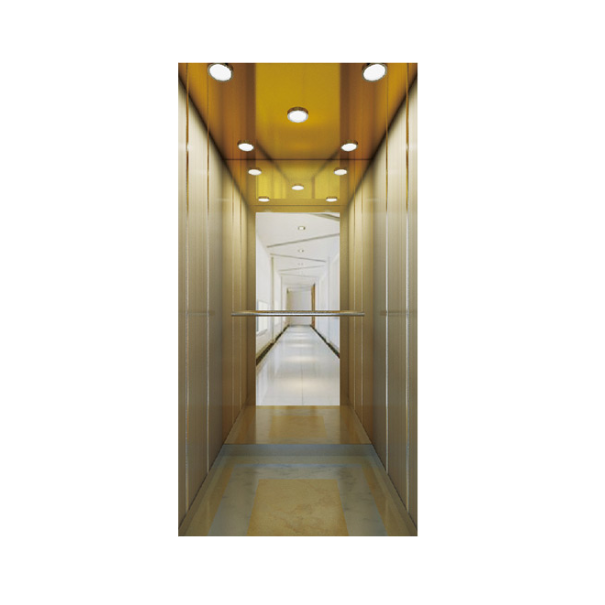 SA-Y003
SA-Y003 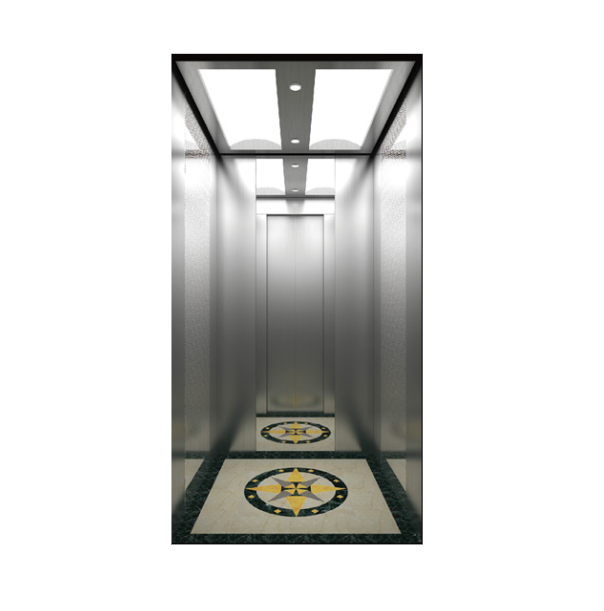 SA-Y001
SA-Y001